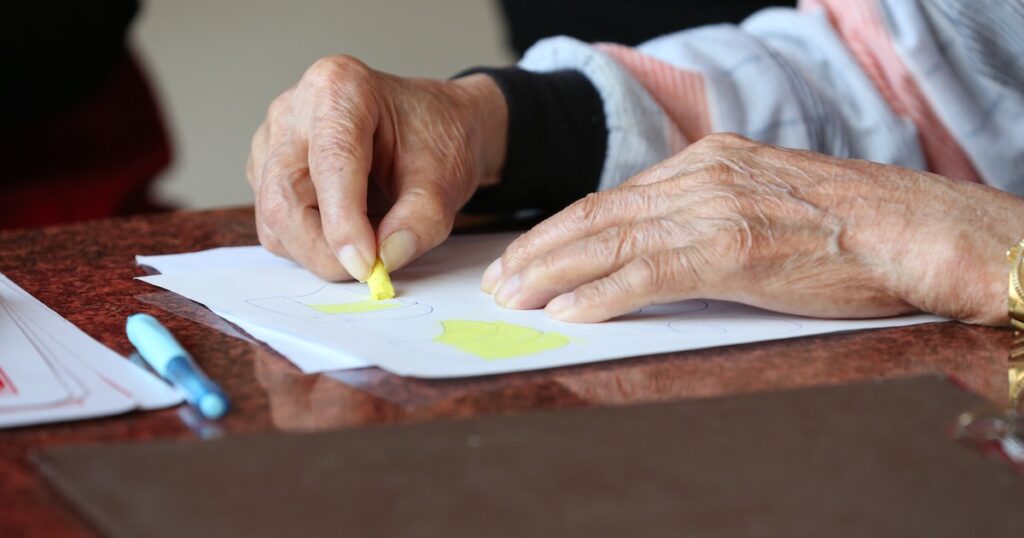Learn 9 Natural Ways to Manage Arthritis

4. Wear Protective Equipment
If you have arthritis, you may be able to minimize your symptoms by wearing clothing or special equipment. If you have arthritis in your knees or hips, for example, make sure you wear proper footwear. Shoes with a hard but cushioned sole decrease the impact force on a senior’s joints.
High tops can also help with arthritic ankles. If a senior suffers from wrist pain, they should consider wearing supporting gloves or even a splint during periods of increased activity, such as when quilting. When wrapped around an injured joint, kinesiology tape (KT tape) may also aid with arthritic discomfort.
5. Increase your intake of vitamin D
Vitamin D is in charge of helping you grow strong bones. Low vitamin D levels have been linked to an increased risk of osteoarthritis, a kind of arthritis that occurs when bones deteriorate over time.
This vitamin deficiency has also been related to an increased risk of rheumatoid arthritis, an auto-immune disease in which the body’s immune system destroys healthy tissues. Check your vitamin D levels with your doctor and consider supplements if necessary.
You can include vitamin D-rich foods such as fish, milk, and nutrient-fortified foods. Getting at least 20 minutes of sunlight each day is also vital for assisting their bodies in producing this essential mineral. This vitamin D increase may also help enhance your mood.
6. Consider Acupuncture
Acupuncture is an ancient type of Chinese medicine in which small, thin needles are inserted into the skin. The idea is to excite various regions of the body, eliciting various physiological responses.
While there isn’t much data on acupuncture and arthritis, several studies suggest that treatment can help lessen arthritis pain. However, other studies indicate no correlation, and the other results could simply be a placebo effect. However, if you suffer from chronic arthritis pain, it may be worthwhile to try acupuncture!
7. Schedule a Massage
Even if you don’t have arthritis, massages can help relax your muscles and joints. Gentle to moderate pressure might help to relax joints and relieve stiffness and pain. A decent massage could also assist you to enhance your range of motion.
Massages, on the other hand, may aggravate your symptoms if you do not listen to and communicate with your massage therapist about the indications your body sends you. Tender or extremely sensitive joints may be harmed rather than benefited by massage. So, before getting a massage, discuss your tight regions and arthritic pain with the massage therapist.

